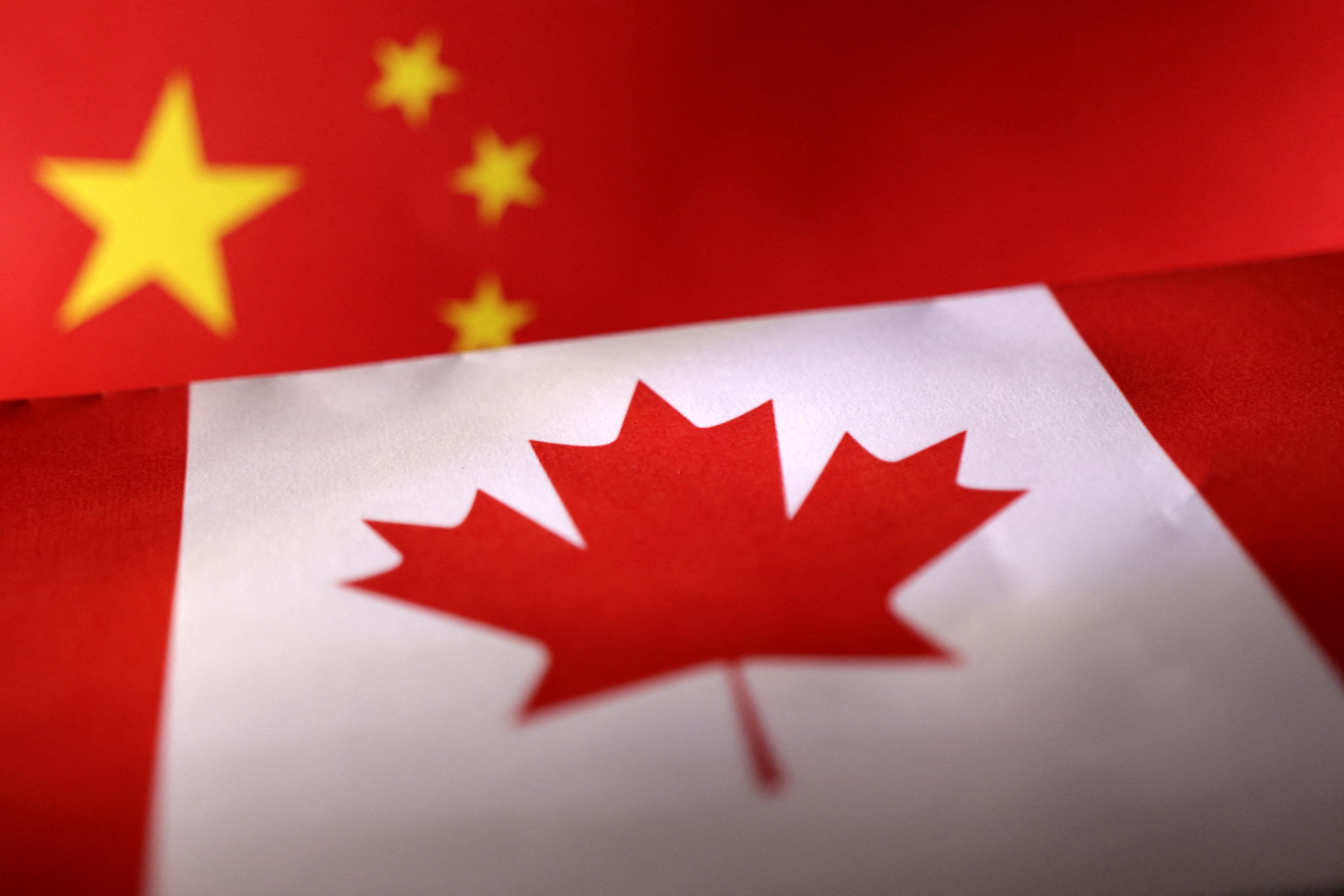June 08, 2023
At a marathon parliamentary hearing on Tuesday, David Johnston, Canada’s embattled special rapporteur on foreign interference, pushed back against claims that he failed to recommend a public inquiry into Chinese interference in domestic politics in order to cover for the Trudeau government.
What’s this all about again? In a rare display of unity, both the leftist New Democratic Party and right-wing Conservative Party have criticized Johnston, the former governor general, for refusing last month to order a public inquiry into Chinese interference. They point to evidence showing that China interfered in Canadian politics in hopes of keeping in power a minority Liberal government that might be more deferential to Beijing’s interests than the more hardline Conservatives.
One of the biggest issues leading to the fallout relates to allegations that the PM was informed in 2021 that the Chinese Communist Party was targeting tough-on-China Conservative MP Michael Chong (and his family) and that the government failed to alert him. Among other allegations was one that China gave $250,000 to a number of Canadian political candidates in 2019, which Johnston dismissed as untrue.
Johnston, for his part, says that the failure to alert Chong came down to an intelligence communication failure rather than the result of political malfeasance. But the three major opposition parties weren’t buying it and said that Johnston, who has a long association with the Trudeau family, is carrying water for the PM and his party.
For now, the NDP, whose votes in parliament Trudeau needs, say they won't pull their support, but they have lost faith in Johnston, who begins public hearings on the matter next month under a cloud.
More For You
Ukraine's President Volodymyr Zelenskiy, Finland's President Alexander Stubb, Estonia’s Prime Minister, President of the European Commission Ursula von der Leyen and other European leaders visit memorial to fallen Ukrainian defenders at the Independent Square on the fourth anniversary of Russia's full-scale invasion, in Kyiv, Ukraine February 24, 2026.
Ukrainian Presidential Press Service/Handout via REUTERS
Somewhere in the Donbas region, Ukrainian soldier Artem Bondarenko says he hasn’t slept through the night in months as he defends Eastern Ukraine.
Most Popular
Members of the special units of the National Guard and the Secretaria de Seguridad Ciudadana stand guard in front of the Fiscalia General de la Republica, where the investigation into the operation in which Nemesio Oseguera Cervantes, alias "El Mencho", founder and leading head of the Cartel de Jalisco Nueva, was killed, is underway.
Félix Márquez/dpa via Reuters Connect
- YouTube
In this Quick Take, Ian Bremmer warns that US military strikes on Iran are “looking increasingly imminent” as diplomacy appears to stall.
© 2025 GZERO Media. All Rights Reserved | A Eurasia Group media company.
